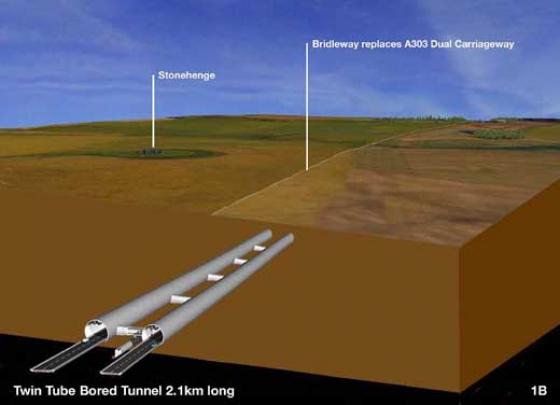Oh, I think it's wonderful. Of course there can be instances of long-lived occupation. The now-infamous Chief Seattle is certainly one, no matter whose version of his famous speech we're enjoying.
But what does having one line of direct descent from a particular ancestor mean? Mr. Targett, the new Cheddar Man could have had fathers from all over the world. And if, for a hundred generations, those fathers successfully imposed their foreign ways of life on the poor mothers, what's the point of ancestry? Has Mr. Targett inherited some inherent stone pushing/Mother Goddess worshipping/bloody cannibal rite enjoying/[fill in the blank with your particular favorite notion of the stone age] gene from Cheddar Man's mother?
I'm obviously not explaining myself well, and don't blame littlestone one bit for seeing a spat. My contention is that the "ancestry" is what you make of it. It may exist for some now unknown portion of the British population. So what? Our little current spat derives from my reply to Nigel and littlestone's idea that living among the ancient productions of one's British "ancestors" is somehow inspirational; more so than visiting those productions as an "outsider," (my quick choice of word) and more so than looking around an outsider's place. Well, it doesn't seem to have been so for Mr. Targett, a proven descendent, does it?
The inspiration found in the past isn't inherent in that past. For one thing, the degree to which anyone--British, American or Inuit--may be living according to some ideas passed down through generations from the stone age is highly debateable.
For another, the degree to which anyone is inspired by the past--whether actually theirs or not--is a function of what they, due to their education, family legends, natural temperment and general cussedness, bring to their experience of the left over bits of that past. And if that experience includes, as it does for many of us here, foreign places, those places have done as much to foster and enrich the home-place experience as the home place itself.
It's not in your genes, it's not in the soil, it's not in the megaliths. It's in your mind. Which doesn't negate the significance of your beliefs, not at all. Inspiration is inspiration. But to think inspiration is somehow inherent in ancestry and homeplace is to deny most of the experiences that can foster it just as if not more effectively.
I hope I'm making sense! Thanks for continuing to listen and for giving me the opportunity to put ideas in order, poor as that may be.
